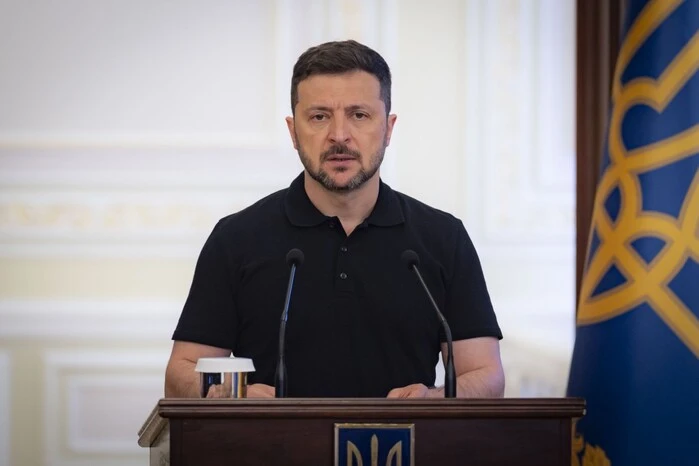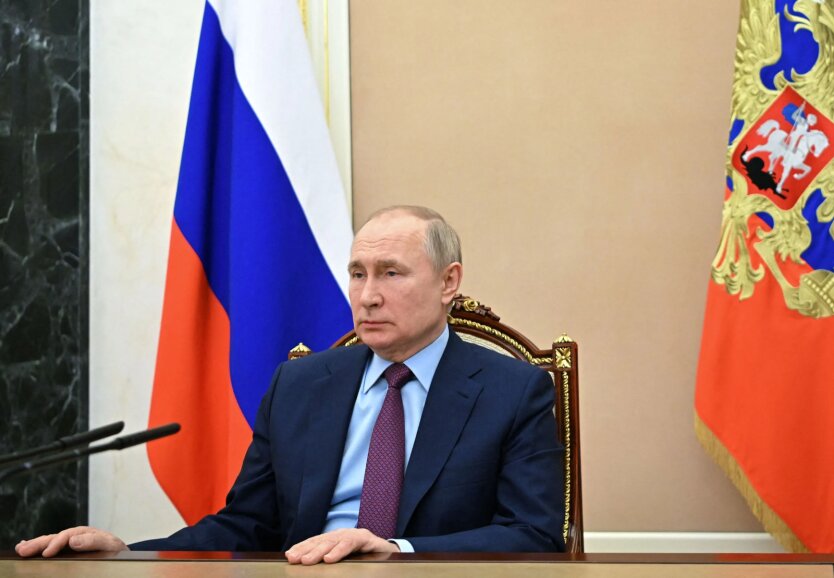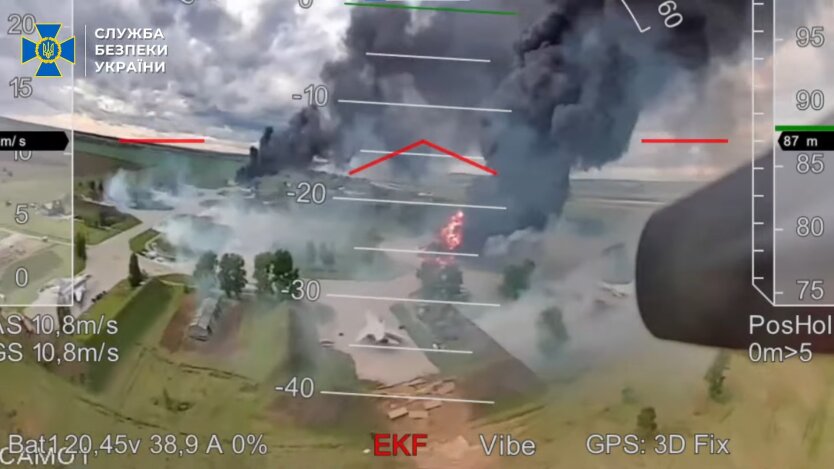The Bundestag voted for multi-billion investments in Germany's defense and infrastructure.


The German Bundestag has passed a bill that loosens debt restrictions to attract more investments in the country's defense and infrastructure. According to Spiegel, the lower house of parliament voted in favor of the bill with a majority of 513 votes, while 207 opposed it.
The initiative, proposed by the conservative CDU/CSU bloc and the Social Democratic Party, makes significant changes to Germany's Basic Law. Under this document, expenditures for defense, civil defense, intelligence services, and cybersecurity will not be included in the debt rule if they exceed 1% of GDP. Federal states will also be given more freedom in shaping their own budgets and the possibility of borrowing at the level of 0.35% of GDP.
The German Army
Particular attention in the bill is given to the creation of a special infrastructure fund of 500 billion euros. These funds, which will be raised through loans, will be used for the modernization of railways, bridges, roads, and other important infrastructure facilities.
The bill still needs to be voted on in the Bundesrat, the upper house of parliament, to come into force. The consideration of the document is scheduled for March 21.
If approved, the changes to Articles 109 and 115 of Germany's Basic Law will have a significant impact on the country's economic and defense policy.
It is also worth noting that the EU is discussing the return of military conscription in the context of changes that have occurred since Trump's election as US president and his attitude towards Russia.
Read also
- Ukraine has created a ballistic missile 'more powerful than American analogs': already successfully tested
- Front line status as of June 7, 2025. General Staff report
- Zelensky spoke about the destroyed Russian 'Iskanders'
- They will not get a respite: Russia has issued an ultimatum to Ukraine
- A prominent historian explained what Ukraine's victory in the war with Russia will be
- The SBU showed a new video of the strike on the Russian bomber Tu-22M3










